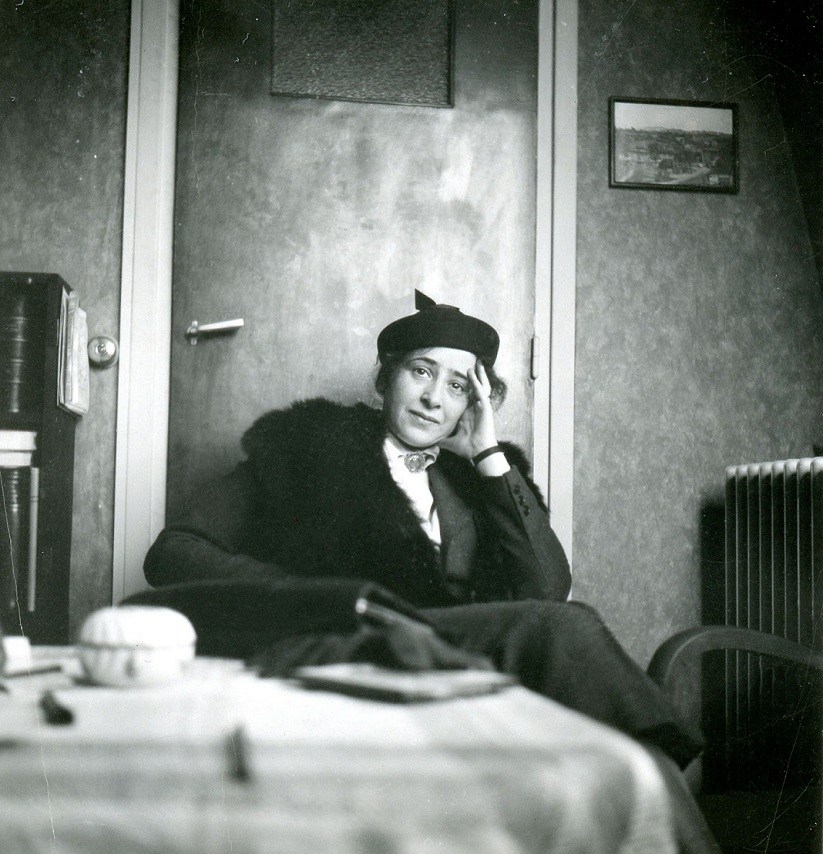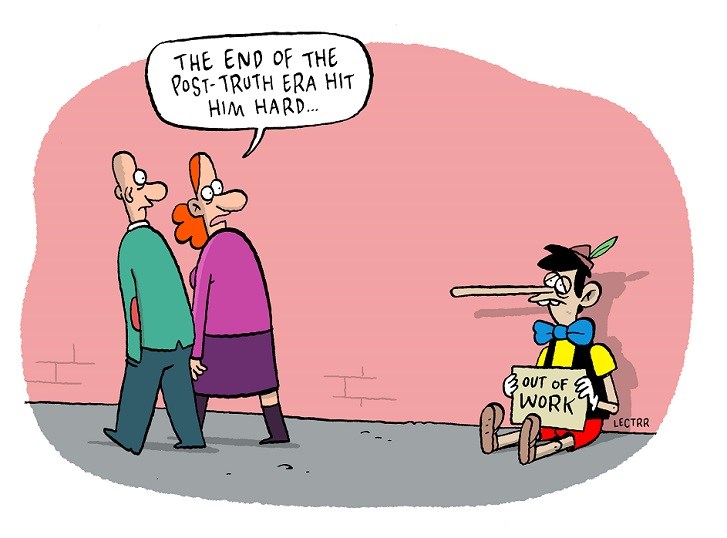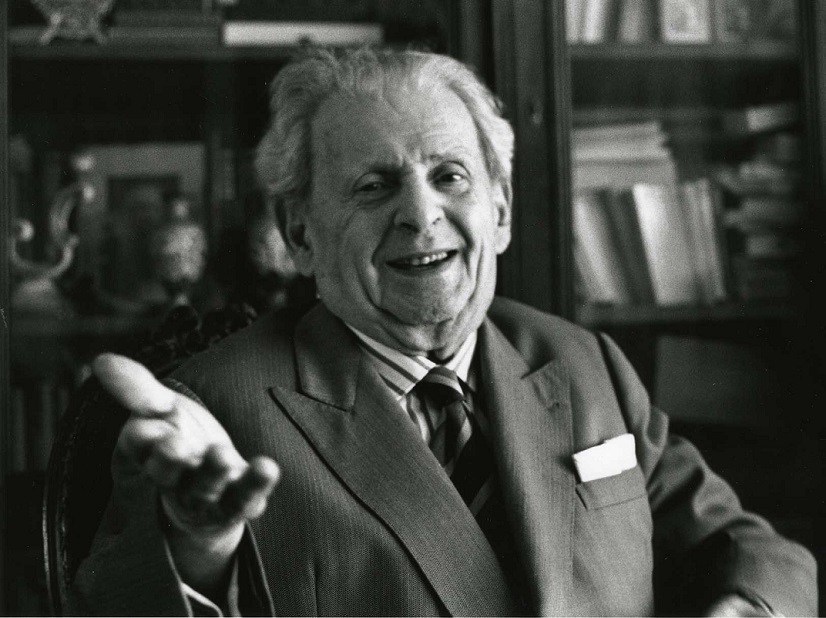It is possibly one of the most defining features of our era: the devaluation of truth in politics and the public debate.
We live, so we have been told endlessly, in ‘post-truth times’, marked by fake news, hoaxes, disinformation and information wars raging on the battlefields of the Internet, and the corona crisis seems like a grand finale, the culminating conflict.
Some hope we will witness the return of expertise. Others fear the crisis will serve as an excuse for power-thirsty politicians to suppress opponents and take complete control over civil society? Meanwhile the million-dollar question continues to beg for answers: if lies and disinformation dominate the public debate, how are we to turn the tide? How can we bring a reverence for truth at the heart of the polis?
Mankind: a history of lies
Whether or not we really live in a ‘post-truth’ era is open to debate. Lies and deception have always been part of our political dealings. Such was also observed by Hannah Arendt in her illuminating essay Lying in Politics (1971). Lies, manipulation, trickery, betrayal, fraud; it has been among us since the beginning of recorded history.

Whether or not we really live in a ‘post-truth’ era is open to debate. Lies and deception have always been part of our political dealings, German-American philosopher Hannah Arendt (1906-1975) argued.
Indeed, when Pandora’s box opened, Apate was released: the goddess of deception and deceit. Lying in politics is nothing new under the sun. This however, does not mean our times don’t have some unique features in this regard.
Due to technological developments, the amount and the speed with which lies and falsehoods can be spread exceed those of previous times. Being correctly informed is always a slow process, but being misinformed can happen in an instance.
Fact-checking
It is clear by now that fact-checking does not help greatly in the struggle against lies and misinformation. Fact-checking Donald Trump is a full-time job for dozens of journalists.
The Washington Post calculated that during his presidency, Trump has told more than 13.000 lies or factually incorrect statements.
But being called a liar by mainstream media seems a badge of honour to Trump and his supporters. It seems to inspire rather than discourage the spread of more lies and false information. So regrettably, fact-checking is not a very efficient tool.
Integrity
Diagnosing social maladies is always easier than remedying them. And while it is clear there are no clear-cut solutions and straight ways forward, if we want to tackle lies, we need a proper understanding of what a lie is.

© Lectrr
A lie is often identified as a factually incorrect statement, but that is not the quintessential characteristic of a lie. One can have an incorrect view, but that view does not necessarily have to be a lie. A lie is characterized first and foremost by the desire to manipulate and mislead others. A lie is marked by a lack of integrity, sincerity and honesty. Hence, the opposite of the lie is not truth (the factual accuracy of a claim), but rather truthfulness: the integrity with which a claim is made.
Truth is a quality of claims. Truthfulness is a quality people have: a virtue. This is arguably the deeper, underlying crisis of our times. If we really live in post-truth times, it is because a principle virtue is not sufficiently being aspired to: the virtue of being a truthful person.
Hence, what we need is not just more truth in politics. We need more truthfulness. And the same applies to us civilians and civil society. Our first duty is always to be sincere. History tells us integrity is needed for things to change for the better and that in a regime of lies and when governed by liars, being a truthful person is a revolutionary act.
A Lesson from Levinas
The importance of sincerity and integrity can hardly be overemphasized. The meaning of this was central to the work of one of the greatest philosophers of the previous century: Emmanuel Levinas. According to the French-Jewish philosopher, honesty is the precondition of harmonious human interaction.
Without honesty, all human interaction and communication become impossible; a view also central to Jürgen Habermas’s theory of communicative action.
We need to be able to trust each other, for without trust living together becomes impossible. Trust is the glue that keeps society together. Hence, we should be enormously critical of politicians who, due to their polarizing rhetoric and views, inspire a general distrust in politics, a distrust in our leaders, a distrust in each other.
It is one of the important lessons we should learn from our ‘post-truth times’: we might be better served by an honest politician with whom we disagree, than by a dishonest politician who holds and defends our own views.
Hineni
“The essence of discourse is ethical,” Levinas famously claimed. He meant that all our interaction and speech acts are embedded in our principal duty to meet each other face-to-face, open and honest, as we are. This attitude was expressed and captured by Levinas in a single word; an old Hebrew word: hineni.
It is the word with which Abraham responded to God when he was called to sacrifice one of his sons. It means: Here I am, not depicting a geographical position, but a moral attitude: here I am, the way I am, unreservedly, as a truthful person.
In times of manipulation and misinformation, it is this attitude, more than anything else that we need. In the battle against lies and deception in the polis, we need to cultivate our hearts rather than our minds. For what is really at stake in post-truth times is virtue, not fact.
Alicja Gescinska

